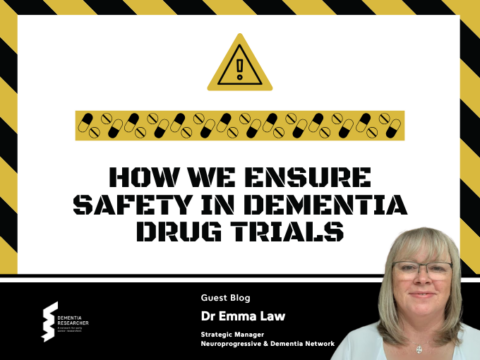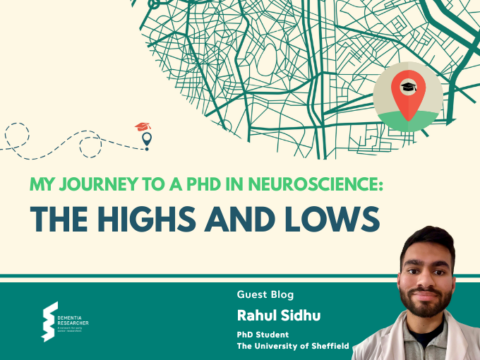Cannabis has been used for many years as an alternative therapy for anxiety, but some research has provided evidence of its anxiogenic effect. Anxiogenesis means that it can cause anxiety as well. Therefore, are cannabinoids good for treating anxiety?
Anxiety is a normal emotion that can become a medical disorder. Lately due to the pandemic, lockdown and isolation, it has escalated to a public health issue. When dealing with anxiety, patients have two options, either get a prescription from their psychiatrist, healthcare provider or trying alternative options for it. One of those alternatives is the use of cannabis or its extracts, which may be preferable to have higher concentrations of Cannabidiol (CBD), since CBD does not cause any psychoactive effect.
Let me go back a little bit, the two main compounds found in Cannabis plants are Δ-9-tetrahydrocannabinol (THC) and CBD, although they are both cannabinoids, their mechanisms of action are very different. They will bind to the receptors in our Endocannabinoid system, CB1 and CB2, and their effect will depend on their affinity to each receptor and the location of these receptors. Therefore, THC will cause a psychoactive effect and CBD will not.
Many users have reported to have a reduction of anxiety (anxiolytic effect) from THC. Science had proven this is true, but it also had proven that high doses of it can cause the opposite effect. Not only that, THC can also lead to panic, paranoia and psychosis. Overall, cannabinoids can regulate the balance of the main inhibitory neurotransmitter, GABA, and the excitatory one, glutamate. Higher doses improve the interactions of CB1 receptors in GABAergic terminals resulting in an anxiogenic effect, and lower doses will tend to cause an interaction with the CB1 receptor on glutamatergic terminals, leading to an anxiolytic effect.
CBD on the other hand, seems like a more promising treatment for anxiety, since it facilitates the neurotransmission mediated by the serotonin receptor 5HT1A. In other words, it causes a serotonin-like effect, stabilizing our mood and improving our happiness. CBD is particularly higher in hemp extracts. These extracts are also rich in many phytochemical compounds, named terpenes. For example, D-limonene and linalool are terpenes found in hemp extracts and are already used in aromatherapy for stress relief and relaxation. Therefore, are also responsible for diminishing anxiety. Both terpenes interact with the serotonin 5HT1A receptor just as CBD. Hence, it is not a crazy idea to think that simultaneous administration of both CBD and terpenes might yield a synergistic effect, and this may be the reason why those “full spectrum” concentrates of hemp have an outstanding positive result when battling anxiety.
In conclusion, THC in low doses may relieve anxiety but a safer and more ideal result could be reached by the intake of hemp extracts. But make your own opinion, just remember “too much” does not always mean “better results”.
Stay tuned – There is no greater ignorance than thinking you know it all.
REFERENCES:
Andrade, A. K., Renda, B., & Murray, J. E. (2019). Cannabinoids, interoception, and anxiety. Pharmacology, biochemistry, and behavior, 180, 60–73. https://doi.org/10.1016/j.pbb.2019.03.006
Campos, A. C., & Guimarães, F. S. (2008). Involvement of 5HT1A receptors in the anxiolytic-like effects of cannabidiol injected into the dorsolateral periaqueductal gray of rats. Psychopharmacology, 199(2), 223–230. https://doi.org/10.1007/s00213-008-1168-x
Martin, E. I., Ressler, K. J., Binder, E., & Nemeroff, C. B. (2009). The neurobiology of anxiety disorders: brain imaging, genetics, and psychoneuroendocrinology. The Psychiatric clinics of North America, 32(3), 549–575. https://doi.org/10.1016/j.psc.2009.05.004
Petrie, G. N., Nastase, A. S., Aukema, R. J., & Hill, M. N. (2021). Endocannabinoids, cannabinoids and the regulation of anxiety. Neuropharmacology, 195, 108626. https://doi.org/10.1016/j.neuropharm.2021.108626
Sharpe, L., Sinclair, J., Kramer, A., de Manincor, M., & Sarris, J. (2020). Cannabis, a cause for anxiety? A critical appraisal of the anxiogenic and anxiolytic properties. Journal of translational medicine, 18(1), 374. https://doi.org/10.1186/s12967-020-02518-2

Masha Burelo
Author
Masha Burelo is a PhD Student at the University of Aberdeen. Her research explores Electrophysiology and behavioural evaluation in preclinical models of Alzheimer’s disease. Masha started her studies in veterinary medicine in Mexico and first became interested in cannabinoids when her dog developed epilepsy, then with close family members struck by Alzheimer’s Disease her interest in neuroscience, plants and the brain developed.

 Print This Post
Print This Post





[…] https://www.dementiaresearcher.nihr.ac.uk/guest-blog-cannabinoids-and-anxiety/ […]
[…] https://www.dementiaresearcher.nihr.ac.uk/guest-blog-cannabinoids-and-anxiety/ […]
[…] https://www.dementiaresearcher.nihr.ac.uk/guest-blog-cannabinoids-and-anxiety/ […]
[…] https://www.dementiaresearcher.nihr.ac.uk/guest-blog-cannabinoids-and-anxiety/ […]
[…] https://www.dementiaresearcher.nihr.ac.uk/guest-blog-cannabinoids-and-anxiety/ […]
[…] https://www.dementiaresearcher.nihr.ac.united kingdom/guest-web site-cannabinoids-and-stress/ […]